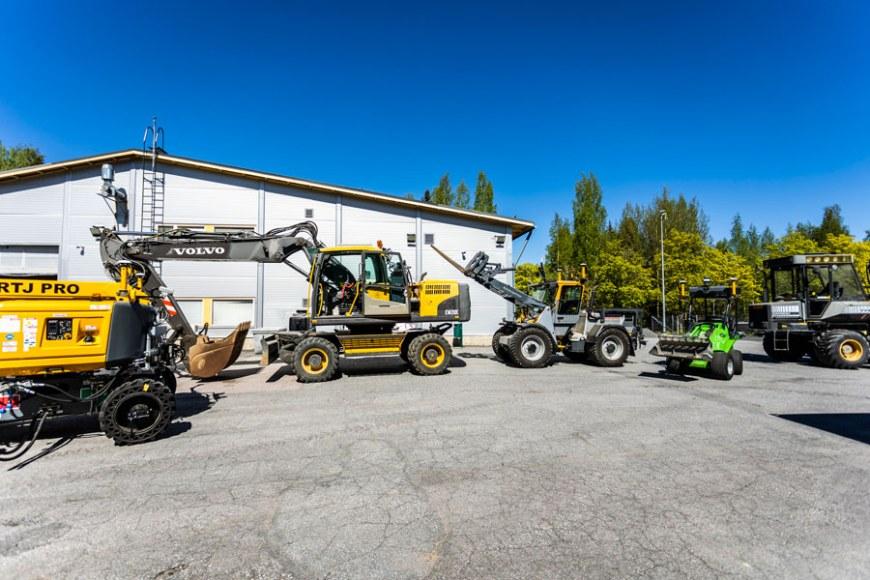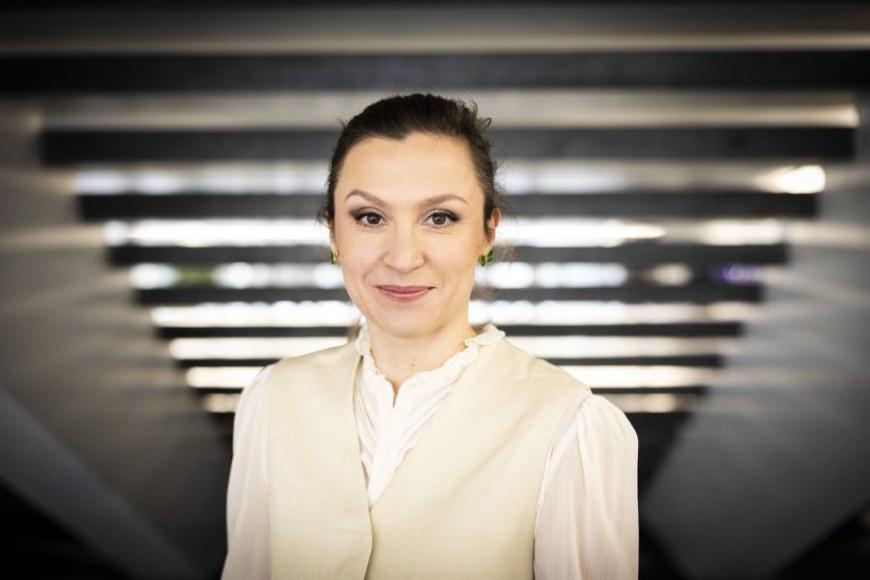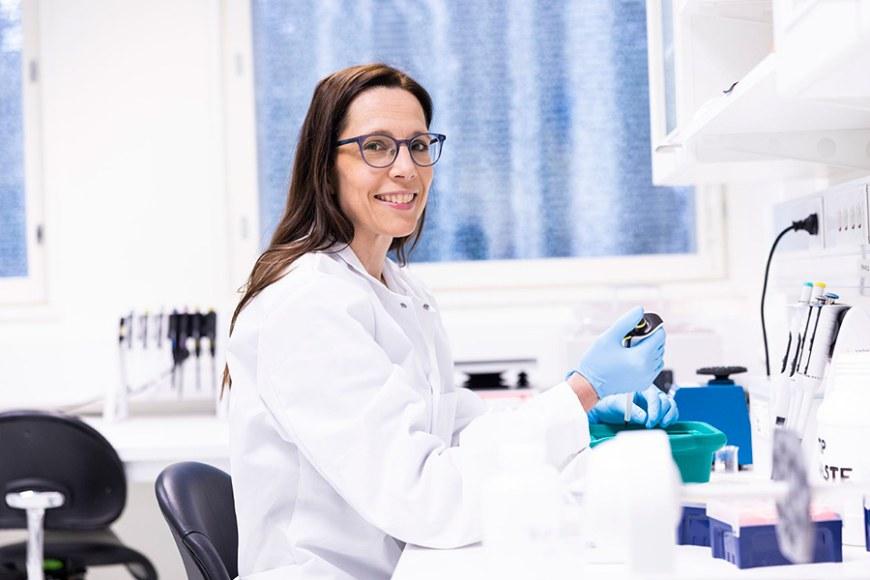Role models are needed – fathers and teachers play an important role in women’s career choices

In the field of technology, only about a fifth of higher education graduates are women and in some engineering fields the proportion of women is less than a tenth. The objective of Tampere University of Applied Sciences’ Naistech project is to increase women’s, including immigrant women’s, interest in engineering fields.
Women are encouraged to apply for all degree programmes, but especially for mechanical, automation, building services and electrical engineering. Entrepreneurship is also a potential career choice. What education fields are called may have a surprisingly large effect on career choices.
“It has been noticed that fields which include the terms bio, circular or sustainable development interest female applicants more. Girls should be told that building services and electrical engineering also help saving and developing the world,” tells Project Manager Elina Harju.
According to Harju, there are quite a many study places in the field of technology and thus it is easier to be admitted to engineering than many other fields. The various and interesting engineering jobs are often well-paid. The wide range of professions is however not known or it has not been made visible enough.
Role models help to break down stereotypes
Stereotypes and traditions die hard in career choices. Elina Harju emphasises that especially fathers play an important role in their daughters’ attitudes to technology.
“Fathers’ role can be seen in surveys. Fathers have often taken their daughters to the workshop, for example to repair a car, and encouraged them to try out the tools and do themselves. Engineer mothers are also strong role models for women in the field of technology.”
According to Harju, girls are often better in mathematics and natural sciences than boys at school but they still do not apply for the field of technology. All fields of technology do not call for top skills in mathematics. Language skills, discussion skills, aesthetics and other soft skills are also needed in engineering – they are just not highlighted. Girls do not have enough role models.
Research has shown that woodwork, mathematics and natural sciences teachers’ encouragement and use examples have a large effect on particularly girls.
“Hopefully STEAM workshops (science, technology, engineering, art, math) become more common in comprehensive school and all can try out how fascinating technology can be,” Harju tells.
According to Senior Lecturer Marja Keränen, equality is a self-evident fact in TAMK’s professional teacher education.
“There are quite a many women with an engineering background among teacher students. When the teacher represents the field of technology, it encourages girls to apply for the field,” Keränen states.
Reduction of gender segregation calls for consciousness and deeds
Gender segregation is not improving in working life. Changing the conceptions and attitudes concerning so-called women’s and men’s jobs requires conscious deeds at the level of individuals, organisations and the society. Elina Harju believes that segregation has even become stronger.
“What girls think is suitable for them can already be seen in primary school. Media and social media create strong stereotypes and ideals for younger and younger children. What is problematic about them is that they are externally set and often related to appearance. It was thought earlier that such matters should be discussed in upper secondary education. The current view is to already bring them up in primary school. Children should be allowed to take their time to play and gather experiences of the world and themselves,” Harju tells.
Saara Vänskä, who studied HVAC systems at TAMK, has brought the working life viewpoint into the Naistech project. She has talked to students as a member of LVI-naiset, an association for women working in building services engineering or interested in it. According to Vänskä, the field of technology is an excellent choice for women and more women are needed in the field.
“I think it is important to break down prejudices against a field being manly, tough and difficult. Through representation of actual career possibilities, the field can become an attractive option for women, too.”
Before choosing HVAC systems, Saara Vänskä was interested in media, acting and performance. Parenthood however changed her plans. Nowadays she works as the real estate manager at Pirkanmaa Hospital District.
“After the birth of my child, I decided to study a field which can offer a secure living and employment and regular working hours. At the beginning, the field of technology was a fully rational decision but nowadays it is a passion,” Vänskä states.
Vänskä has however faced equality challenges during her career.
“As a young woman, I am still sometimes called a girl and my competence is diminished. When I have had the chance to prove my skills, the comments have ended. The older I have become and the more experience I have, the more equally I am treated.”
If more women enter the fields of technology, it will also decrease salary differences between men and women.
“Some large companies, for example Nokia, made an extensive survey of women’s and men’s salaries. It revealed things which need to be put right,” Elina Harju states.
Further information:
Elina Harju, Project Manager, tel. 046 921 5157, elina.harju [at] tuni.fi (elina[dot]harju[at]tuni[dot]fi)
Naistech project: https://projects.tuni.fi/naistech/
Text: Emmi Rämö
Photo: iStock





